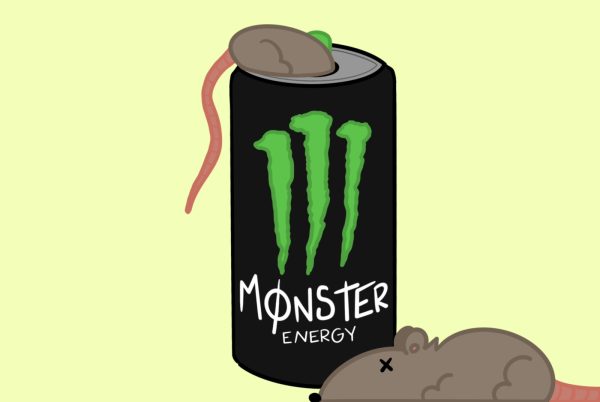Is Abortion a Moral Question?
Questions are being raised about the right way to go about abortions.
Back in 1973, a Supreme Court case ruled it is a woman’s constitutional right to have the option to an abortion during the first trimester of pregnancy. The law before this case limited abortions to circumstances when the mother’s life was in danger.
Is abortion murder?
Roe v. Wade said no. It supports the pro-choice stance that abortion is a woman’s reproductive right. It states life begins only after a fetus is capable of survival outside of the womb.
But a recent leaked opinion of the Supreme Court shows the justices plan to reverse Roe v. Wade. This would leave the decision about abortion legality up to each state. Many would declare abortions illegal because life begins when sperm fertilizes an egg—the moment when every amazing, unique part of you came into existence.
One of the controversies stemming from this debate is how to handle an unplanned pregnancy when it comes from consensual sex.
According to Guttmacher Institute, a pro-choice organization focused on research to educate and advance sexual and reproductive health and rights, said, “While a small proportion of women who have abortions do so because of health concerns or fetal anomalies, the large majority choose termination in response to an unintended pregnancy.”
The highest percentage of abortions are by younger people, with 29% of adolescent pregnancies ending in abortion.
When given the decision to abort or keep their unborn child, teenagers can feel torn. This baby, this choice made with their body, may decrease their quality of life. It might diminish their chances of getting into college. It may ruin the probability of getting their dream job or simply seem like an insurmountable burden. But this baby could also make another family’s dreams come true.
The argument is not about respecting women’s reproductive rights. It is respecting the life of the unborn baby.
A person’s life is valuable. Former President Barack Obama’s mother, Stanley Ann Dunham, was a teen when she got pregnant, and her child later became the first African American President of the United States. He is living a life many people would deem important.
Dunham accepted the consequence for her actions and made the choice to believe her child could overcome the statistic and live a happy and successful life.
Dunham is not alone. Resources such as adoption agencies, family members and pregnancy support centers, such as Bridgehaven in Cedar Rapids, offer new mothers counseling and help when they feel they are alone.
Occasionally, a woman will get pregnant by rape or incest, or the baby will be a threat to the mother’s life. Rape is a tragic crime that happens to nearly one in six women in their lifetime. Every year, about 13,000 women will have an abortion because they were raped.
In the event of a rape and incest, which make up less than 0.5% of all abortions, the baby is at a higher risk for birth defects and mutations that can lead to autosomal recessive disorders and weaker immune systems.
However, life is still valuable and important to this world. Why would we destroy an unexpected life, due to the circumstance of the pregnancy?
No matter what you want to call an unborn person, fetus or otherwise, it will eventually develop from a simple clump of cells into a living, thinking, feeling human being. You are always stopping a life with abortion, no matter how early you stop it.
Those who will have cystic fibrosis, sickle cell anemia or Tay-Sachs disease will require extra help, finances and support, but that does not make their life invaluable.
What should the end result be when a woman is subject to a pregnancy that might end her life? An example could be an ectopic pregnancy, when a fetus begins growing somewhere besides the uterus. 14% of all abortions are carried out to protect the life of the mother.
Treatment for an ectopic pregnancy is a procedure or surgery. Vacuum aspiration and laparoscopic surgery are the most common abortion procedures and are are occasionally necessary to save the life of the mother.
Thankfully, today’s modern medicine breakthroughs may allow ectopic pregnancies to be safely delivered for the baby and mother.
Abortion is giving up on the life of an unborn child based on a preconceived notion that the baby might have a disease, live an unhappy life or cause stress and extra work to their parents. Their life is thought of as “what could be” instead of “what is.”
Pro-life should mean supporting every life, before and after birth, no matter the situation of conception, genetic anomalies, socio-economic status, race, mental health complications or stress they might cause.
Your donation will support the student journalists of Kennedy High School - IA. Your contribution will go towards the purchase of a new lens for our photographers.

Hi I’m Lizzy Hawkes and this is my second year in Torch. Outside of Torch I am involved in cheerleading, show choir, and I enjoy snorkeling.








































Anonymous • May 25, 2022 at 2:29 pm
Great article. Very compelling! Well written and provocative.